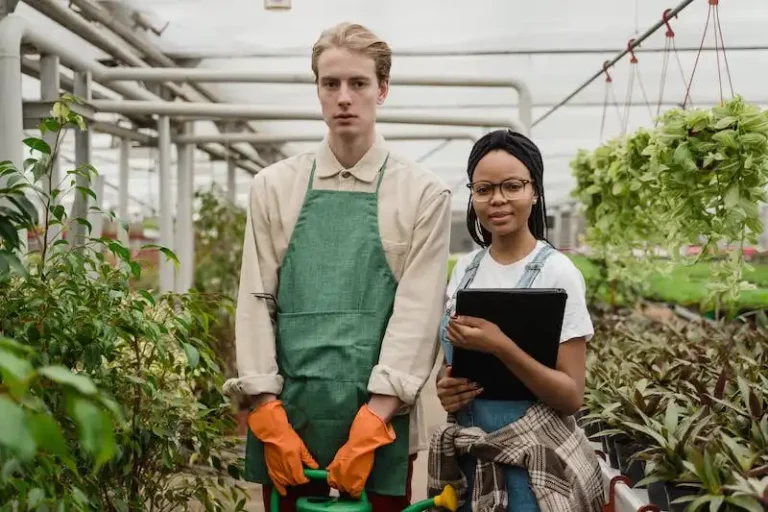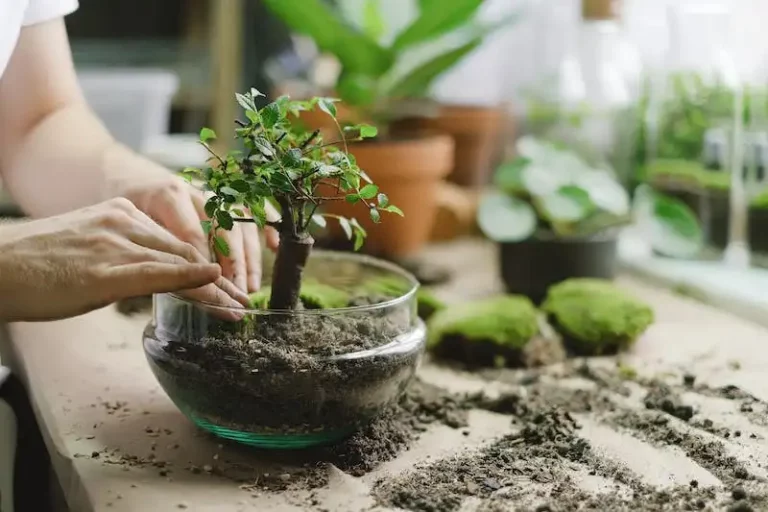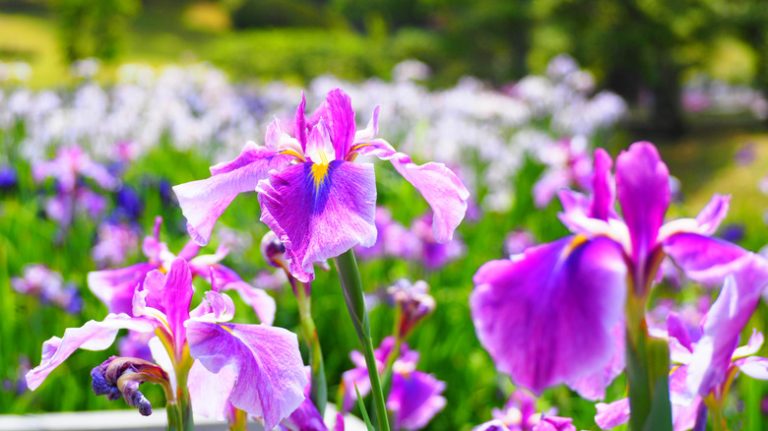Hibiscus plants are a stunning addition to any garden, blooming in a variety of colors including orange, yellow, red, pink, and purple. However, there are some things you need to know before planting hibiscus. It’s essential to understand when to plant them — which isn’t a straightforward answer — as it depends on the type of hibiscus and your location.
While hardy hibiscus is a low-maintenance flower that offers vibrant color, it’s also an adaptable plant that thrives in a wide range of conditions, making it perfect for gardeners in cooler climates. One of its key benefits is its ability to tolerate cooler temperatures and even some frost, making it an excellent choice for gardeners in USDA zones 4 to 9, where it can be grown as a perennial. Hardy hibiscus needs less maintenance than tropical hibiscus, as it’s more resistant to pests and diseases and can thrive in a variety of soil types. Tropical hibiscus, on the other hand, is a more sensitive and tender plant that requires warmer temperatures and more care, making it a popular choice for gardeners in warmer climates.
Spring and summer planting
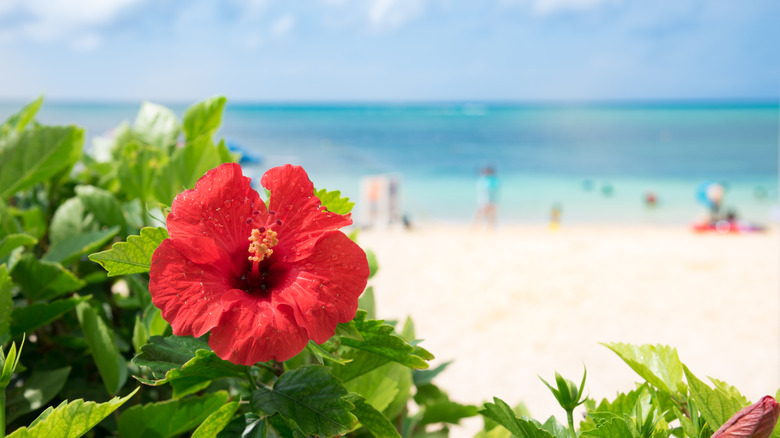
Spring is often considered the best time to plant hibiscus, but it’s important to consider the type and your location. Hardy hibiscus thrives in certain areas, such as the Midwest and Northeast regions of the United States. Tropical hibiscus, on the other hand, is more suitable for warmer climates with USDA zones 10-12, such as the Southern United States, Hawaii, and other tropical and subtropical regions — these varieties are sensitive to cooler temperatures and will not survive frost.
In areas with mild winters, tropical hibiscus can be planted in the spring, but in areas with harsh winters, it’s best to wait until it gets much warmer to plant. Summer is also a great time to plant both hardy and tropical hibiscus, especially in regions where the warm weather and increased sunlight will encourage healthy growth and blooming. Whether planting hardy or tropical hibiscus in the spring or summer, provide them with full sun to partial shade, with well-draining soil.
Late summer and fall planting
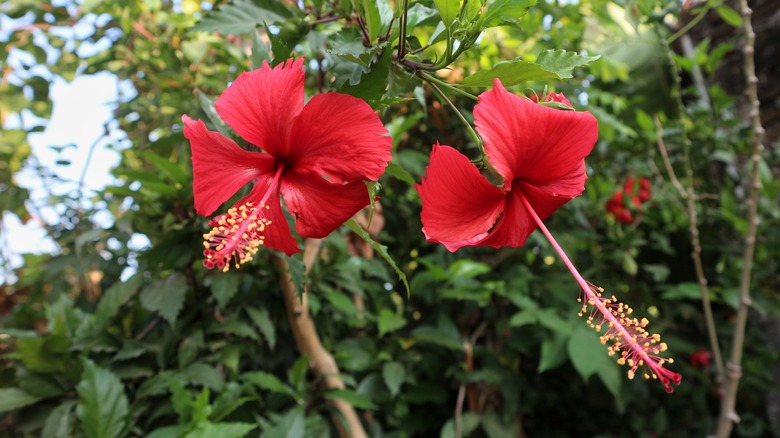
Once planted, hardy hibiscus will continue to grow and bloom throughout the summer months, and will often produce a second round of blooms in late summer. Tropical hibiscus, on the other hand, will continue to grow and bloom throughout the summer and may require watering from once a day to once a week depending on weather. However, tropical hibiscus should not be planted in the fall unless you live in a very warm climate, like Zone 11 or higher. Cooler temperatures and reduced sunlight will slow down their growth and may cause them to go dormant.
You can plant hardy hibiscus in the fall in regions with cooler temperatures and increased moisture, such as the Midwest and Northeast regions of the United States. Just like with spring and summer, when planting hardy hibiscus in the fall, use well-draining soil and choose a location that receives full sun to partial shade. Water the soil thoroughly before planting, and space the plants about 3 to 6 feet apart.

